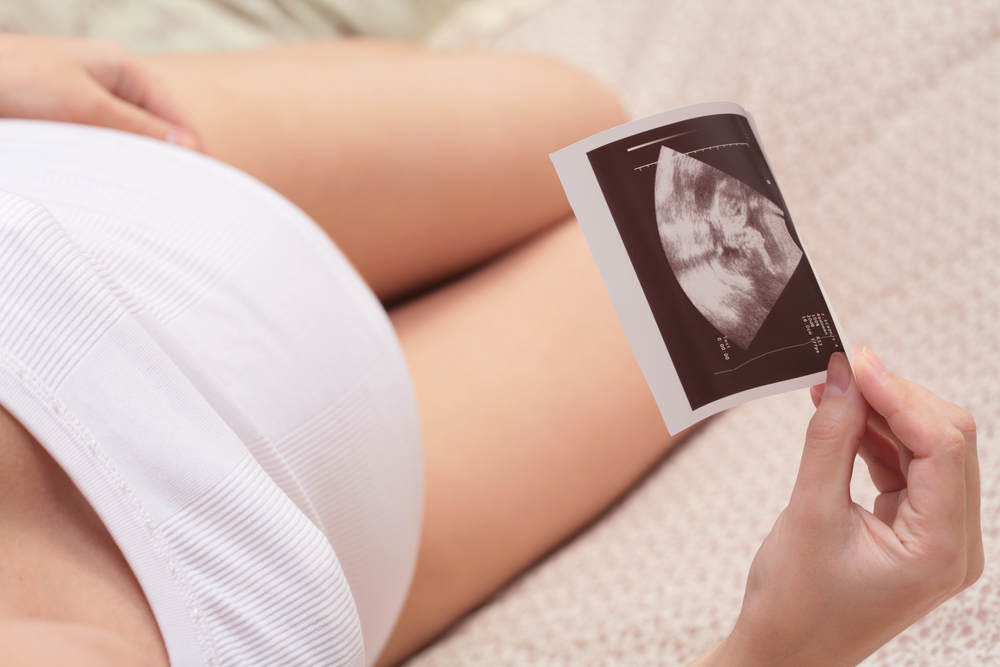What’s going on?
Your baby’s kicks are getting stronger now, while his/her ears move to the final position where they should be. Make sure to spend time talking to your baby starting from now, as he/she can hear your now and take comfort in hearing your voice.
Baby at Week 18
At Week 18, your baby’s crown to rump length will be about 14cm long and weigh around 200g – that’s roughly the size of a bell pepper.
Your baby’s nerves are now covered with a protective layer called myelin which is vital for forming more complex connections between the nerve cells in order for the nervous system to function properly after birth. Additionally, the nerve cells in the brain are developing into ones that will control your baby’s sense of touch, taste, smell, sight and hearing. You’ll also be glad to know that your baby’s hearing is progressing well at this stage, which means that he/she is now more aware of the sounds from inside your body.
As your baby grows bigger in size, he/she is capable of doing a whole lot more and you might be able to feel them pretty soon. This includes the twisting, rolling, kicking and punching actions – and you might be able to catch your little one yawning when doing your ultrasound this month.
Another interesting nugget of information to take note: If you are having a girl, she will already have developing eggs in her ovaries by this week. And with the genitals already in place, you will be able to find out if you are having a boy or girl during your anomaly scan at Week 20 – as long as your baby is not playing hide and seek with you!
What is mum up to?
At this point, your cardiovascular system is going through huge changes, which causes your blood pressure to be lower than usual. You might want to refrain from getting up too fast from a lying or sitting position, as doing so might make you feel dizzy.
One great tip that health experts usually give is to lie on your side – or at least partly slanted to one side. When you lie flat on your back, there is a high chance that your uterus may compress a major vein, which causes a decrease in blood supply to your heart. To combat this, try placing a pillow behind your back or under your hip/upper leg.
As your uterus continues to expand, your centre of gravity will be shifted as well, which causes your lower back to be pulled forward while your abdomen is thrust out. In most cases, this coupled with the changes to your body brought forth by the pregnancy hormone relaxin, will result in back pain.
There are some things you can do to soothe your back pain during pregnancy, such as:
- Using a foot rest to elevate your feet slightly when sitting
- When standing, place one foot on a low stool to take some pressure off your lower back
- Taking a warm bath
If the pain in your back gets more intense, do bring this up with your gynaecologist at your next appointment.
Top tips for Week 18
Hemorrhoids are common during pregnancy, and these are caused by swelling in the varicose veins in the rectum. Hemorrhoids are usually related to constipation and increased pressure applied on the rectum and perineum, but can also be caused by prolonged sitting.
While this condition usually improves once you have delivered your baby, there are some things you can do to treat hemorrhoids during pregnancy:
- Use witch hazel to reduce the swelling or bleeding
- Avoid sitting for long periods
- Eat a high fibre diet filled with fruits and vegetables to avoid constipation
- Drink lots of fluids, including high-fibre drinks such as prune juice
- Do not delay going to the bathroom
READ NEXT
























